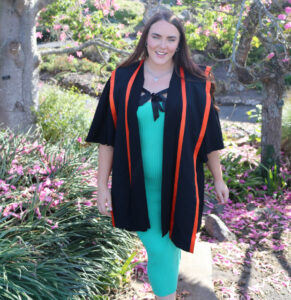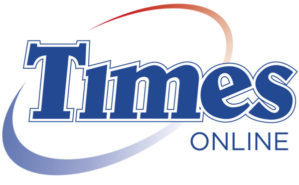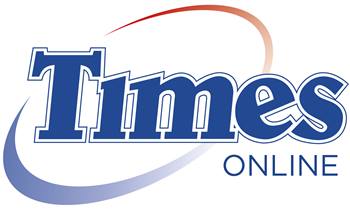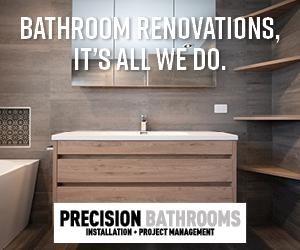
A student who studied at the International Travel College (ITC) Campus in Botany Town Centre has interviewed a paralympian in her research on the accessibility of the New Zealand hotel industry.
In the final subject of the New Zealand Tourism and Travel Level 5, tourism and hospitality research and analysis, students must choose a topic to research.
Fresh graduate Sinead McDonnell’s choice of research was personal.
“My uncle, who lives in Ireland, has Multiple Sclerosis, which caused him to be permanently in a wheelchair,” Sinead, 19, says.
“Since being in a wheelchair, he has not travelled because it is a lot harder than many people think. This made me want to research into accessibility in the tourism industry, to see what New Zealand is currently doing or what New Zealand is lacking in that department.”
Her first step was turning to social media and reaching out to NZ Paralympians and advocates in the wheelchair community.
“I quickly formed connections and started to schedule zoom calls for interviews to gather for my research.”
One of her interview subjects was Paralympian Michael Johnson.
Johnson has represented New Zealand at every Games since Athens 2004 and won R4 silver at the 2018 World Championships in South Korea.
“I really enjoyed interviewing Michael. He made a very good point about suggesting more marketing of NZ for wheelchair tourists such as hotels and activities,” Sinead says.
“He said that would probably get more people doing tourism. He also suggested more awareness of what is available for [those with] disabilities in tourism within NZ.
“I also learnt what Michael relies on at home and what he looks for when staying at hotels.”
Sinead says New Zealand is great compared to other countries in regard to accessibility in the tourism industry; however “there is a lot of improvement needed.”
She summarised two vital steps towards more accessibility: consistency and a law/regulation. She notes that, while there are a number of hotels that cater towards wheelchair users, there is no consistency between them.
“Nor is there consistency within the hotel industry as a whole to cater for wheelchair users,” she says.
“[The country] needs some sort of law or regulation for hotels to have to comply with so there is consistency for wheelchair users in hotels within NZ,” she says.
This, Sinead suggests, could come in the form of a company with well-travelled wheelchair users to be able to form standards that hotels need to comply with.
Currently, Sinead works in the tourism industry and is excited to see where the where it takes her.







